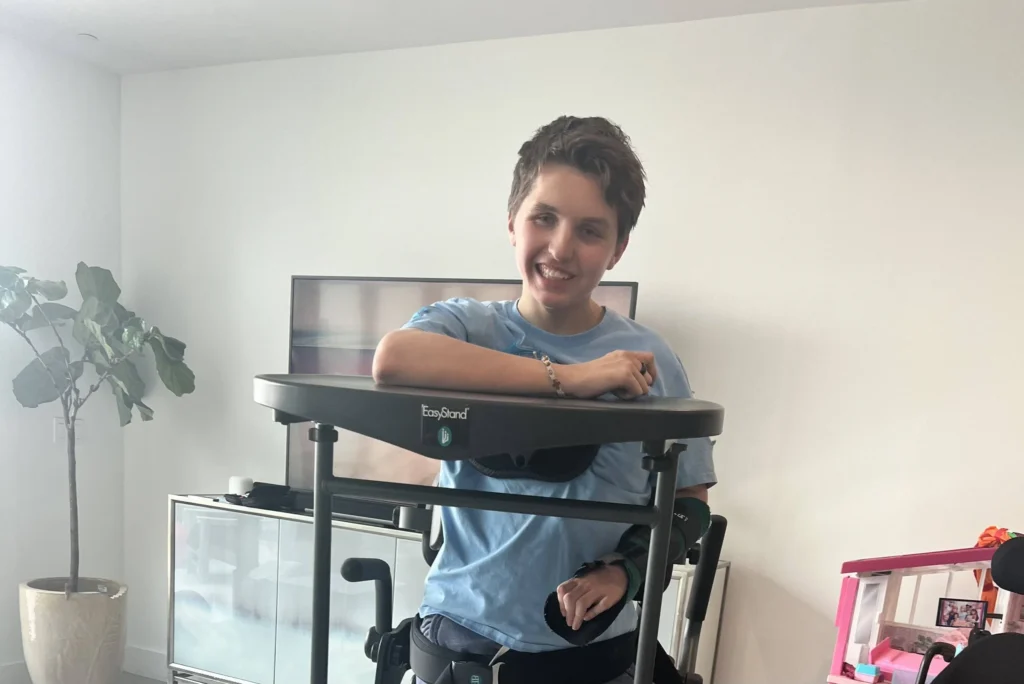Caring for a loved one who has suffered a stroke can be a challenging and overwhelming task. Stroke survivors often need ongoing assistance and care, which can be both physically and emotionally demanding. If you are a new caregiver of a stroke survivor, here are some tips to help you navigate this new role:
- Learn as much as you can about stroke and its effects. Understanding the physical, cognitive, and emotional changes that stroke survivors experience can help you provide better care and support. Talk to your loved one’s doctors and therapists, read books and articles about stroke, and join support groups for caregivers of stroke survivors.
- Be patient and compassionate. Stroke survivors often experience mood swings, depression, and frustration as they navigate their recovery. Remember that these emotional changes are a normal part of the healing process, and try to be patient and understanding.
- Communicate effectively. Stroke survivors may have difficulty speaking, understanding language, or expressing themselves. Use simple language, speak slowly and clearly, and give them time to respond. Use non-verbal communication, such as facial expressions and gestures, to help convey your message.
- Help your loved one maintain their independence. Stroke survivors may feel frustrated or helpless because they are no longer able to perform tasks they once did easily. Encourage them to do as much as they can on their own, but also be ready to step in and provide assistance when needed.
- Establish a routine. Creating a daily routine can help stroke survivors feel more secure and less anxious. Make sure they have a consistent schedule for meals, exercise, therapy, and social activities.
- Take care of yourself. Caregiving can be exhausting and stressful, and it’s important to take care of your own physical and emotional needs. Make time for yourself, get enough sleep, eat well, exercise, and seek support from friends, family, or a therapist.
- Get organized. Keeping track of appointments, medications, and other caregiving tasks can be overwhelming. Use a calendar or planner to stay organized, and enlist the help of family members or friends if needed.
- Stay positive. Stroke recovery can be a long and difficult process, but it’s important to stay positive and focus on the progress that your loved one is making. Celebrate small victories and be patient with setbacks.
Caring for a stroke survivor can be a challenging and emotional journey, but with the right support and resources, you can help your loved one live a fulfilling and meaningful life. Remember to take care of yourself along the way and seek help if needed.





